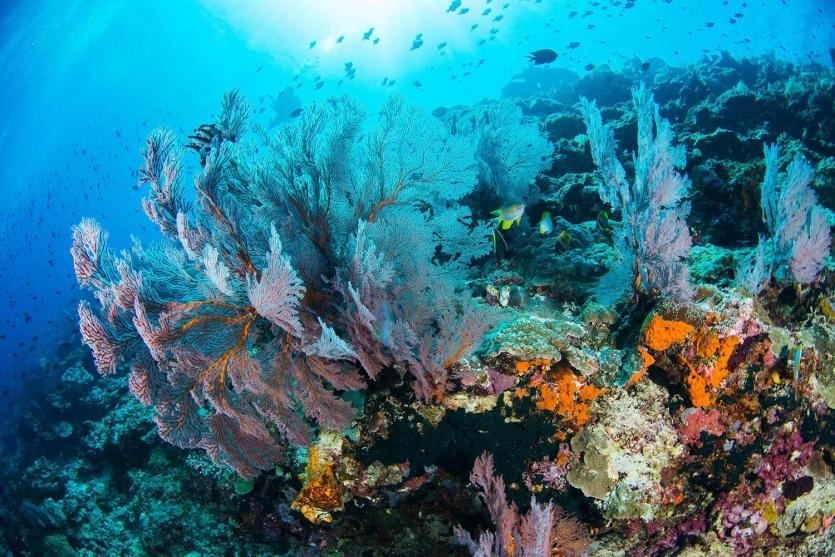Photo:TWD
By Patryk Krych | The World Daily | SEPTEMBER 19th 2021
A recent study has shown that, due to the steady progress of climate change, alongside gradual pollution and overfishing, the world’s total coral reef coverage has decreased by at least half since the 1950s.
Coral reefs are on a steady and gradual decline, and along with them, so too id the diversity of fish and marine species who inhabit the ocean. A disastrous trend that is being projected to continue on over the course of the 21st century, until global heating is successfully curbed. A task that is by no means easy.
“Coral reefs are among the most sensitive ecosystems on the planet so they’re the first ones that are really experiencing these effects of climate change. There’s quite dramatic declines in the 60s and 70s. Then, in the 80s, there’s still a slight decline in the coverage through time but it’s not as steep,” said Tyler Eddy, a research scientist at the Memorial University of Newfoundland who led the recently conducted study.
The analysis involved the studying of data from 3,582 various coral reefs, though it only covered their progress from 1957 to 2007. The findings were published in the journal ‘One Earth’, and they revealed that this major and gradual loss of global coral reef coverage has led to the equally disastrous inability of the reefs to provide the marine services that they are essential for, even for humans, in the form of livelihood and food.
“Coral reefs are known to be important habitats for biodiversity and are particularly sensitive to climate change, as marine heat waves can cause bleaching events,” Eddy added. “If you look at the country-level trends of the coral reef cover, we see some of the biggest declines occurring in Papua New Guinea, Jamaica and Belize.”
The report had several other findings, linked with this decline in coral reef coverage. The successful catching of fish at coral reefs had peaked around two decades ago, according to the findings, but has been in a steady downfall since then. Another finding stated that the diversity of species found among the reefs had also declined by an entire 60%.
“This study speaks to the importance of how we manage coral reefs not only at regional scales, but also at the global scale, and the livelihoods of communities that rely on them,” said William Cheung, professor at the University of British Columbia’s Institute for the Oceans & Fisheries and senior author of the study.






